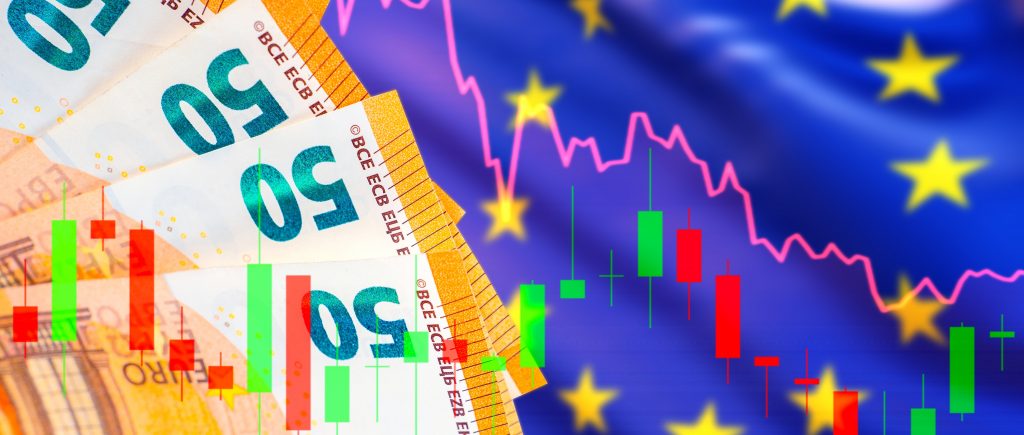Dollar’s Mixed Signals Create Currency Tug-of-War
The Euro is holding onto modest gains against the US Dollar, as a blend of conflicting economic signals from both sides of the Atlantic keeps investors in a state of flux. A sharp rebound in the Euro on Friday, triggered by a weaker-than-expected US jobs report, has been tempered by a mixed data landscape this week.
Recent US data paints a divided picture. While some indicators, like the S&P Global Services and Composite PMIs, suggest a resilient private sector, the closely watched ISM Services PMI disappointed. This report revealed a notable slowdown in hiring and new orders, raising concerns about the health of the US economy. Simultaneously, a jump in the Prices Paid Index within the ISM report signals that inflation pressures remain a persistent concern despite the broader economic cooling.
Across the pond, Eurozone data also offered little in the way of a clear direction. Final PMI readings were generally softer than anticipated, reinforcing worries about the region’s growth outlook. However, a glimmer of hope emerged from Germany, where a rise in both composite and services PMIs suggests a potential stabilization in Europe’s largest economy. This, combined with a rebound in the Eurozone’s Producer Price Index, provided a slight counterbalance to the overall pessimistic sentiment.
The near-term outlook for the Euro remains clouded by geopolitical factors, particularly the recently announced trade framework between the US and the EU. This deal is widely viewed as one-sided, and the threat of steep tariffs from the US on European goods, should the EU fail to meet its obligations, has created a sense of unease. This vulnerability in trade, coupled with a lack of strong domestic catalysts, is limiting the Euro’s upward momentum. For now, the currency pair appears to be in a holding pattern, with a significant resistance level at 1.1600 and solid support at 1.1500, as traders await a decisive market driver.

 Noor Trends News, Technical Analysis, Educational Tools and Recommendations
Noor Trends News, Technical Analysis, Educational Tools and Recommendations




